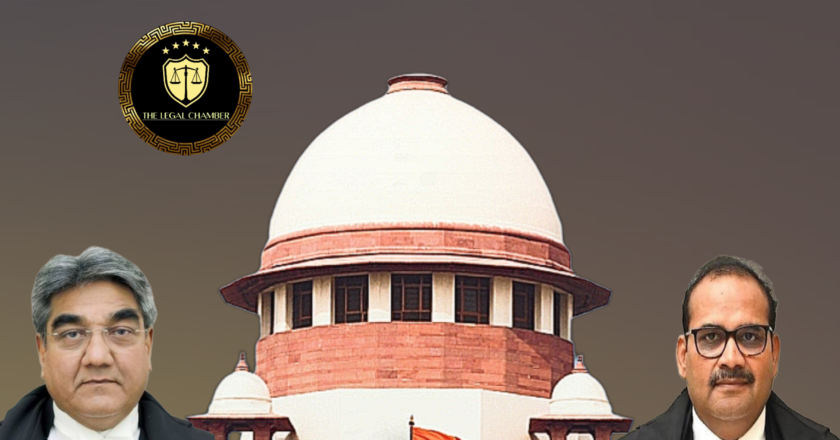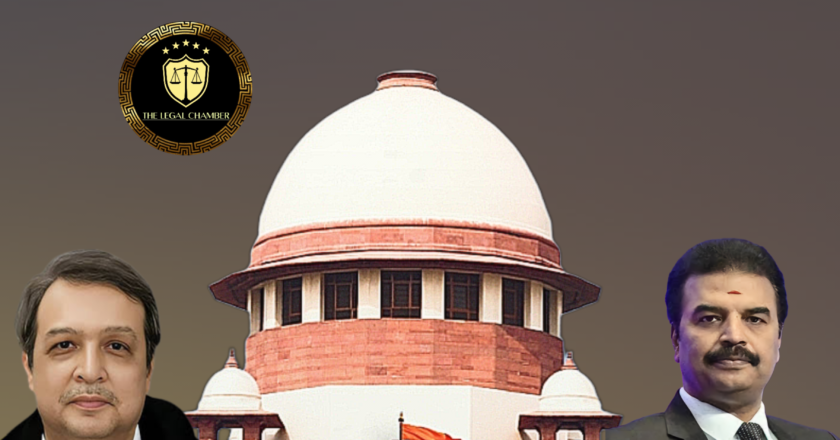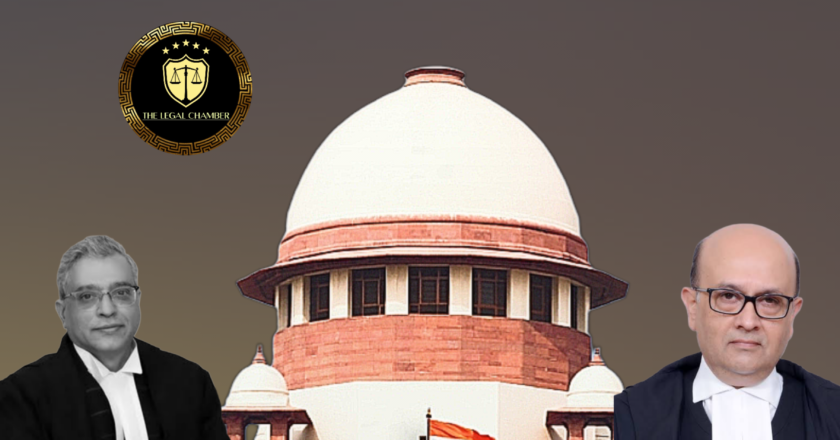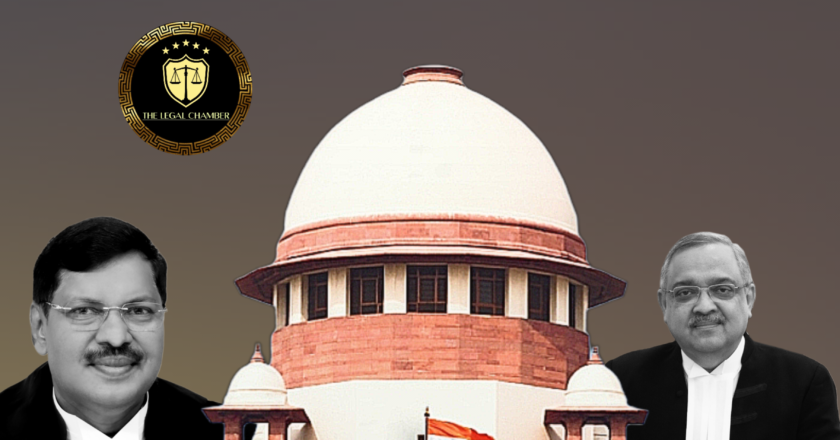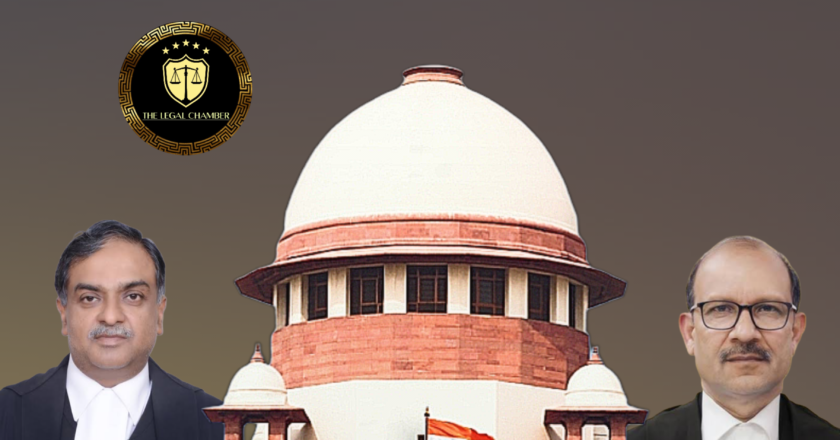Landmark Ruling: Supreme Court Says Natural Justice Violated in Teacher Termination Case
The Supreme Court held that Rule 21 of the Jharkhand Primary School Teacher Appointment Rules, 2012, applies only to the preparation of a merit list and not to determining eligibility. The termination orders were quashed for violating principles of natural justice, as the appellants were not given notice regarding the exclusion of vocational subject marks.
Facts Of The Case:
The State of Jharkhand advertised posts for Intermediate Trained Teachers in 2015. The appellants—Ravi Oraon, Premial Hembrom, and Surendra Munda—successfully applied, were selected, and commenced their duties in December 2015. In September 2016, they were issued show cause notices alleging they did not meet the minimum eligibility criterion of 45% marks in their intermediate examination and questioning the validity ...



